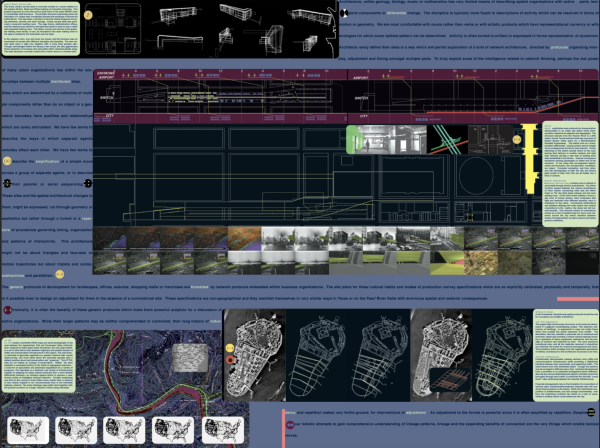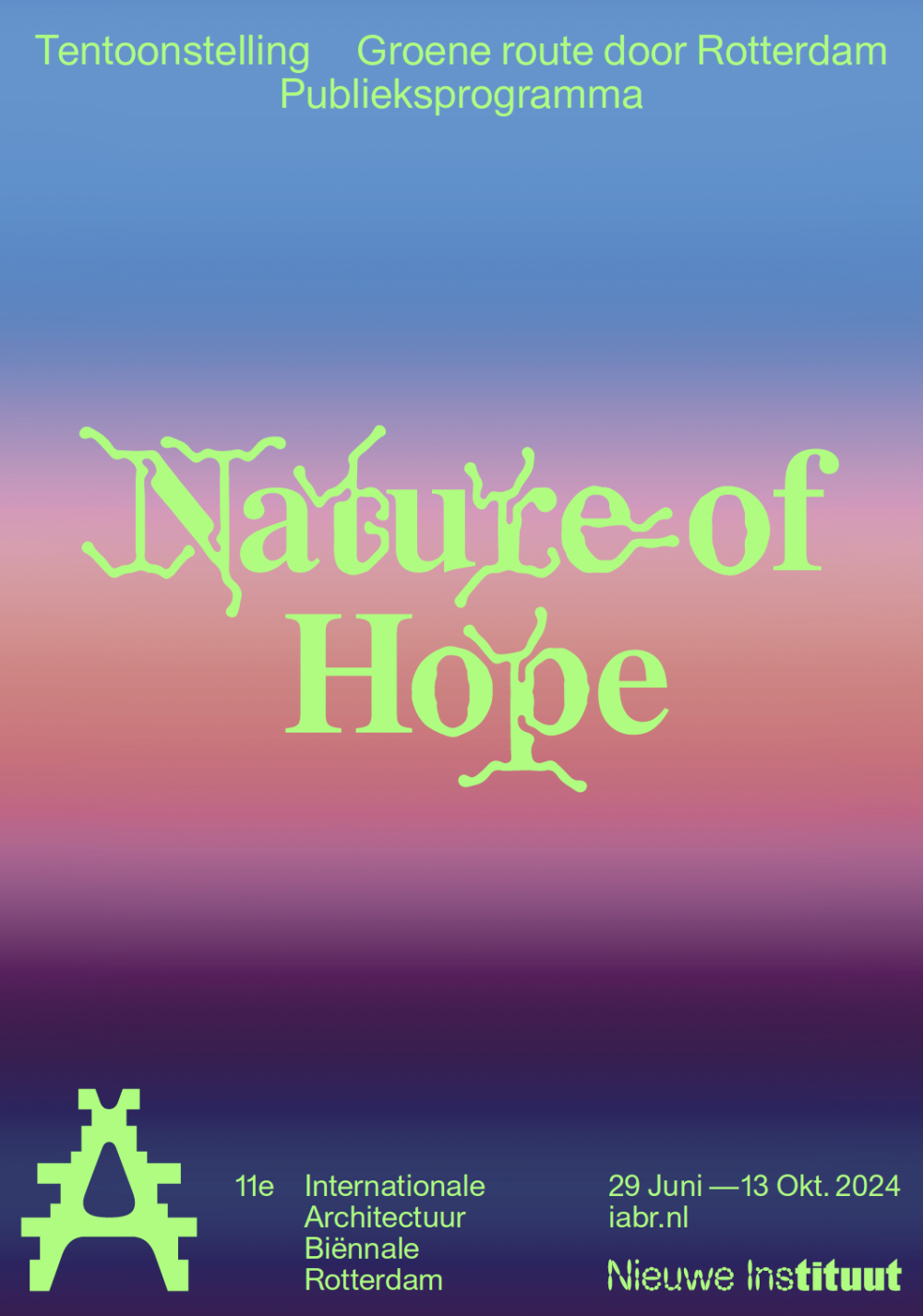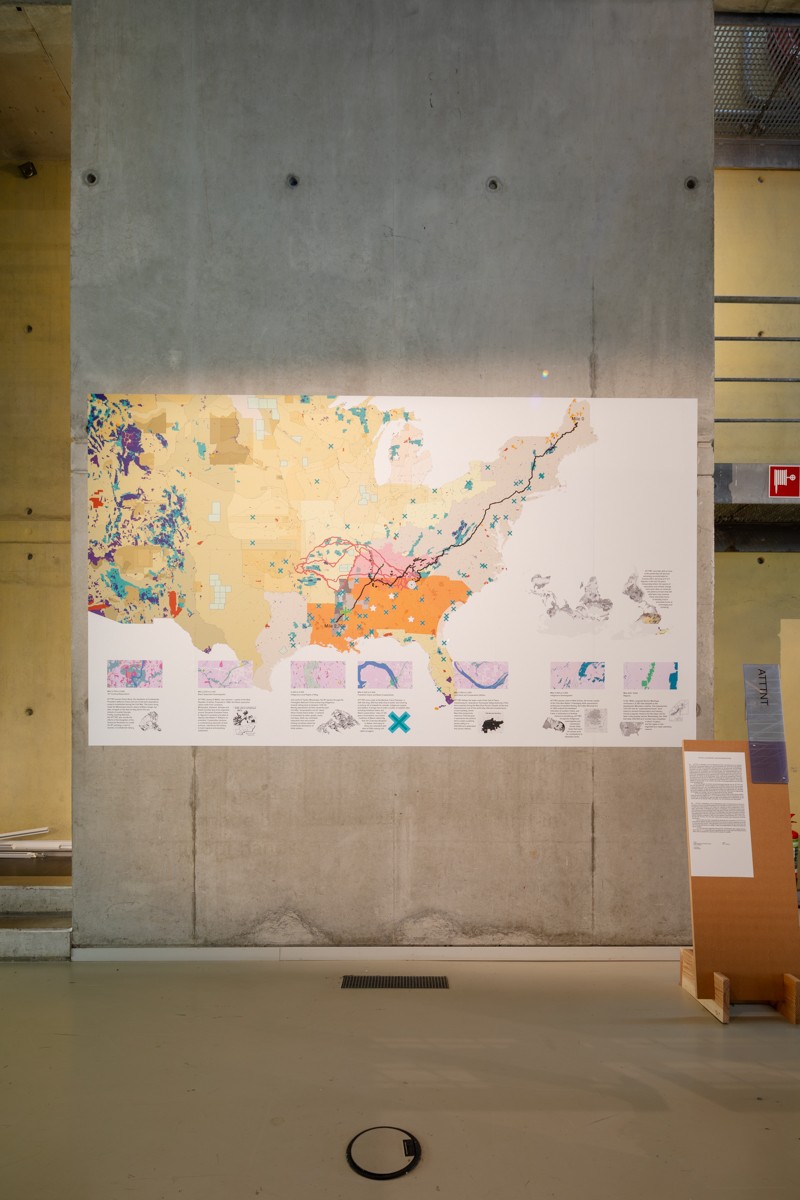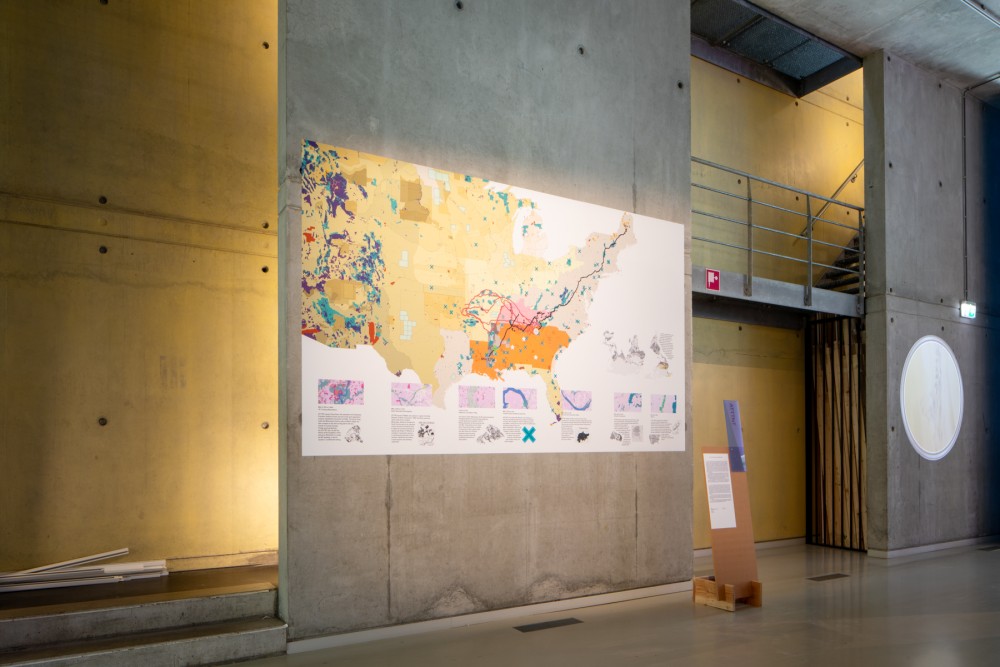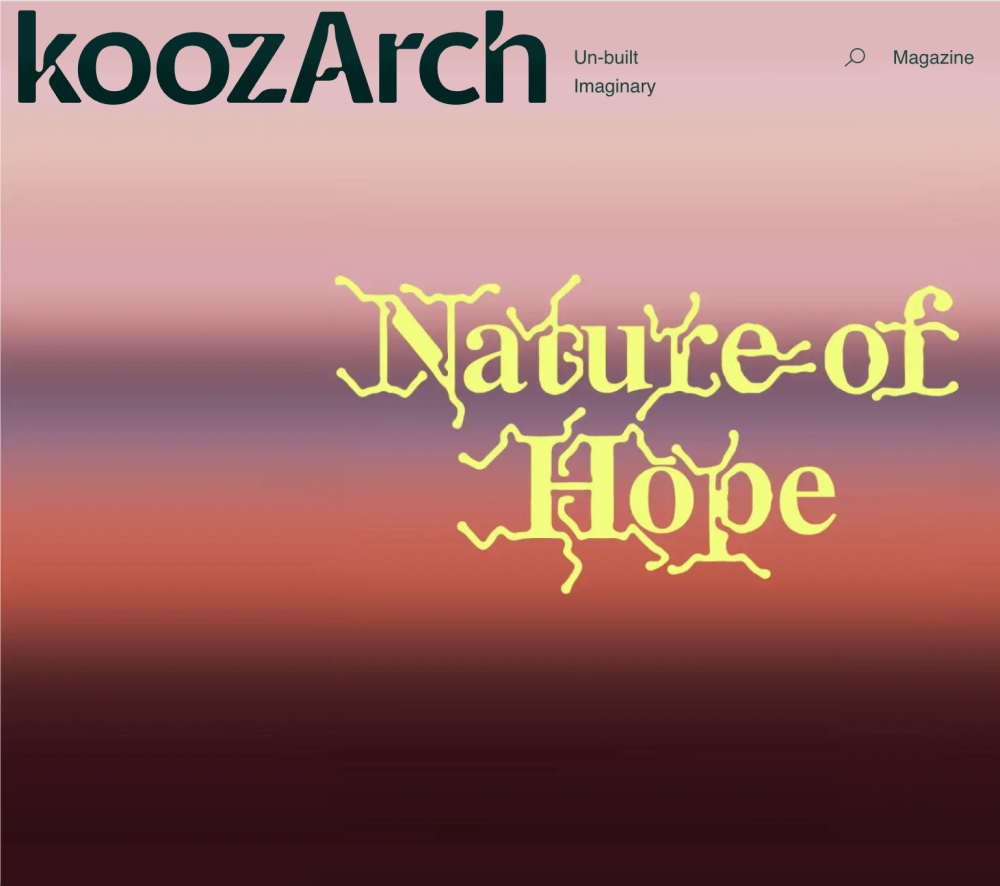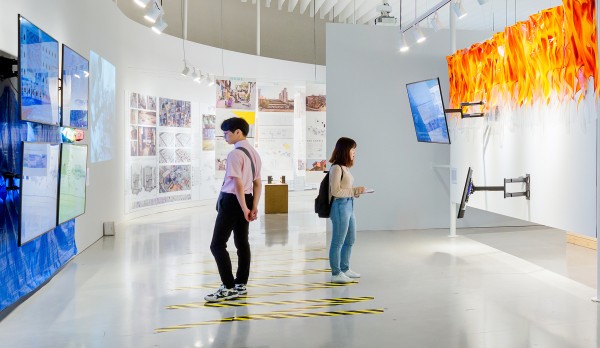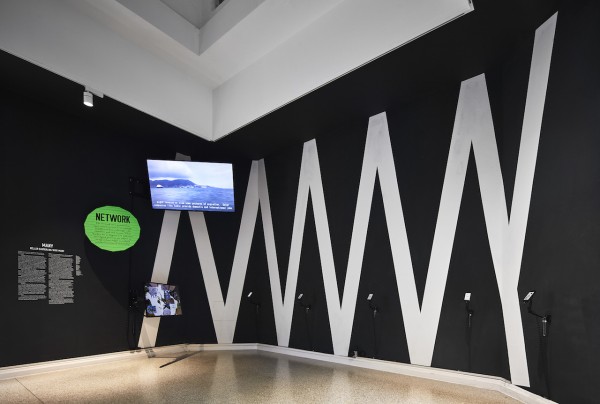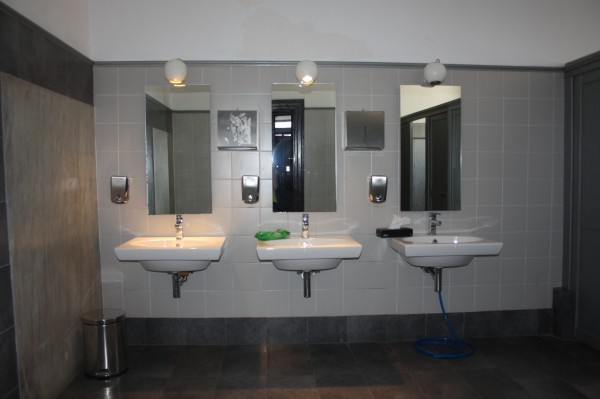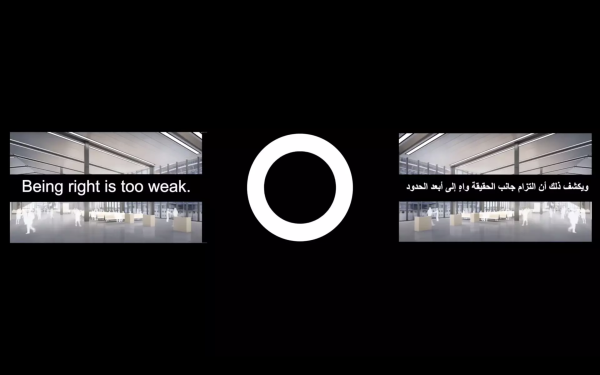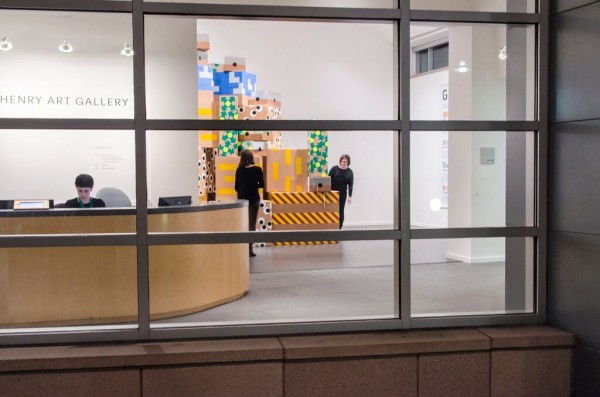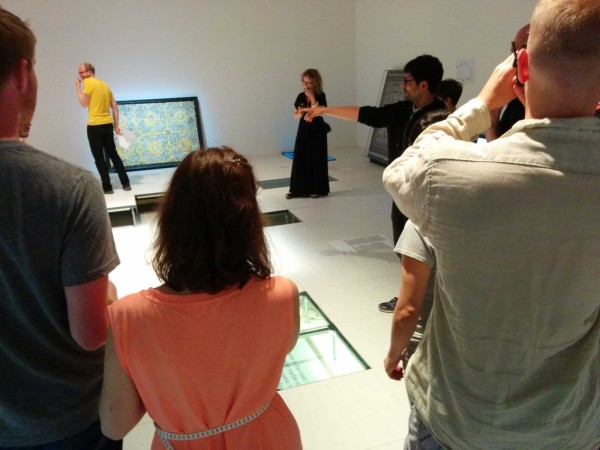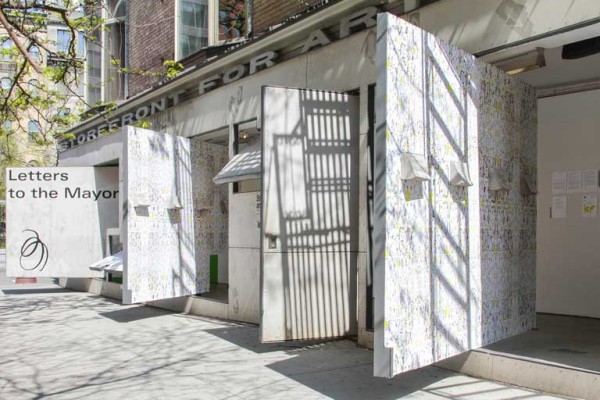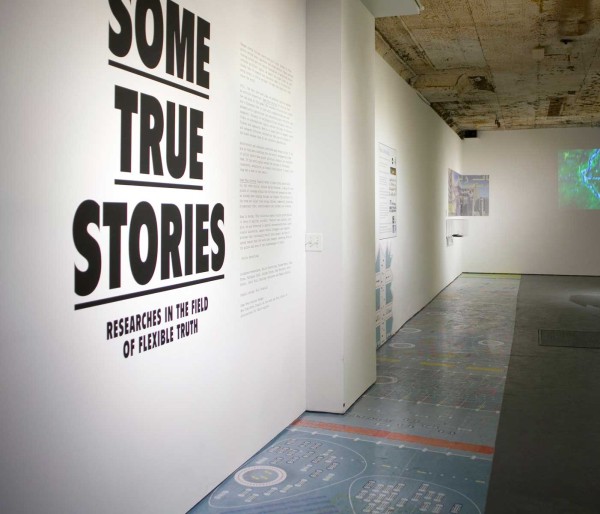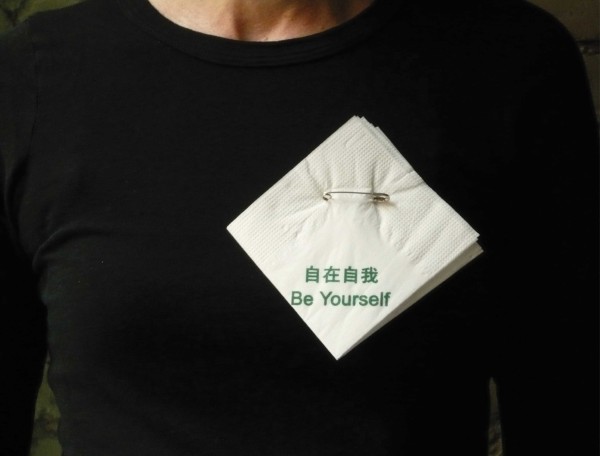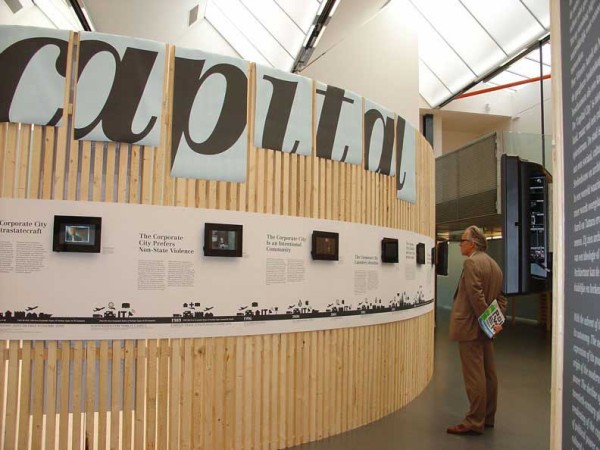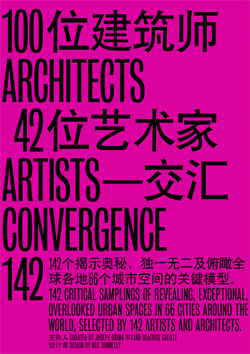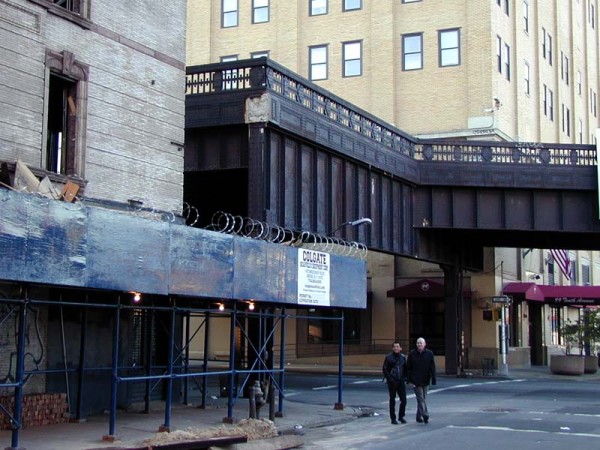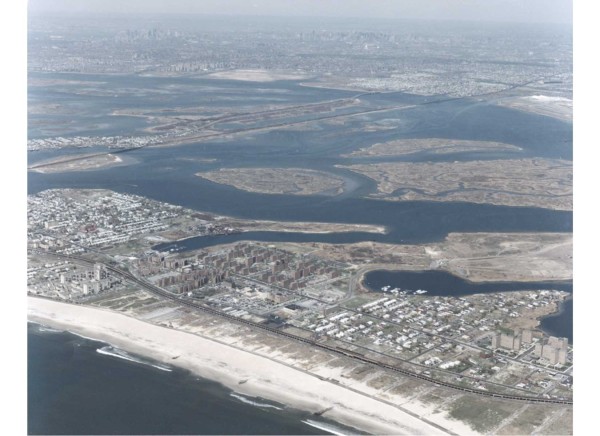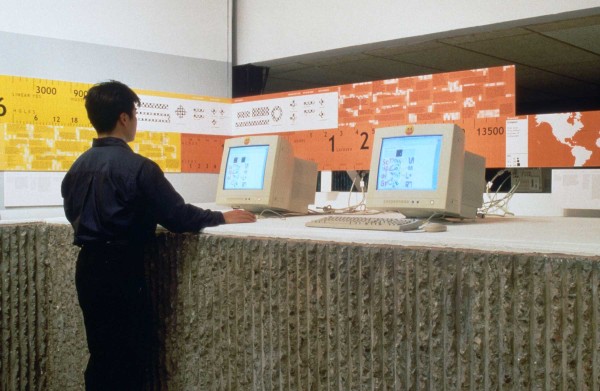IABR Rotterdam Biennale 2024: Nature of Hope
June 29, 2024 – October 13, 2024
Rotterdam
ATTTNT: A Planetary Line for Reparations
ATTTNT develops and maps a network of reparations land trusts that aggregate around an existing 3000 mile spine of public land in the US. Continuous from Maine to the Mississippi, this linear formation, like a scar across the country, was historically scripted with narratives of white supremacy. But ATTTNT delivers another reckoning with the histories of Black and Indigenous resistance and survival. Land trusts and other cooperative experiments uncovered in that history, are proposed as spatial infrastructures as worthy of public investment as those of concrete and conduit. Foregrounding spatial rather than legal and econometric languages, architects, taking on expanded roles, are making these infrastructures objects of design. Generating community economies much richer than the thin financial abstractions of capital, these live organizations redouble resources given to them. They are the superabundant networks of care, maintenance, mutualism, and kinship that abolitionist, anarchists, Indigenous, Black feminists, and environmentalists have long been calling for as alternatives to monocultures of all sorts. Their compounding values can begin to address an incalculable debt of reparations. Inseparable from considerations of climate change, reparations address patterns of harm from the last 500 years of colonizing, capitalizing, and globalizing that will otherwise only continue. ATTTNT sits atop areas that will become uninhabitable with a 3°C global temperature rise. It also incorporates the Appalachian and Long Leaf Pine forests that, along with regions like the Boreal Forest or the Serengeti, are often noted as essential to saving half the planet for wildlife. Currently, the project is the subject of collaboration within a consortium of HBCUs and land activists located all along the formation. Working with these and other actors, the project immediately claims a space for land reparations in the cultural imagination while also building coalitions and solidarities for an ongoing campaign.
Team: Keller Easterling, Nicholas Arvanitis, Ayham Ghraowi
Interview with participants and curators
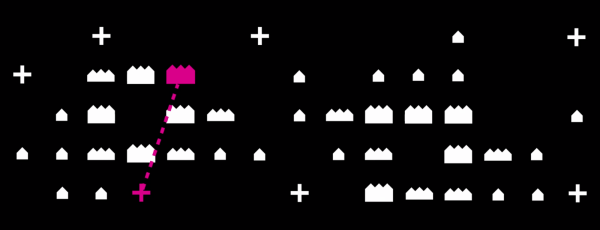
Subtraction Games Lux: Projection on Beinecke Library by Lisa Albaugh and Samantha Jaff 
April 10, 2015
Beinecke Library, New Haven, Connecticut
